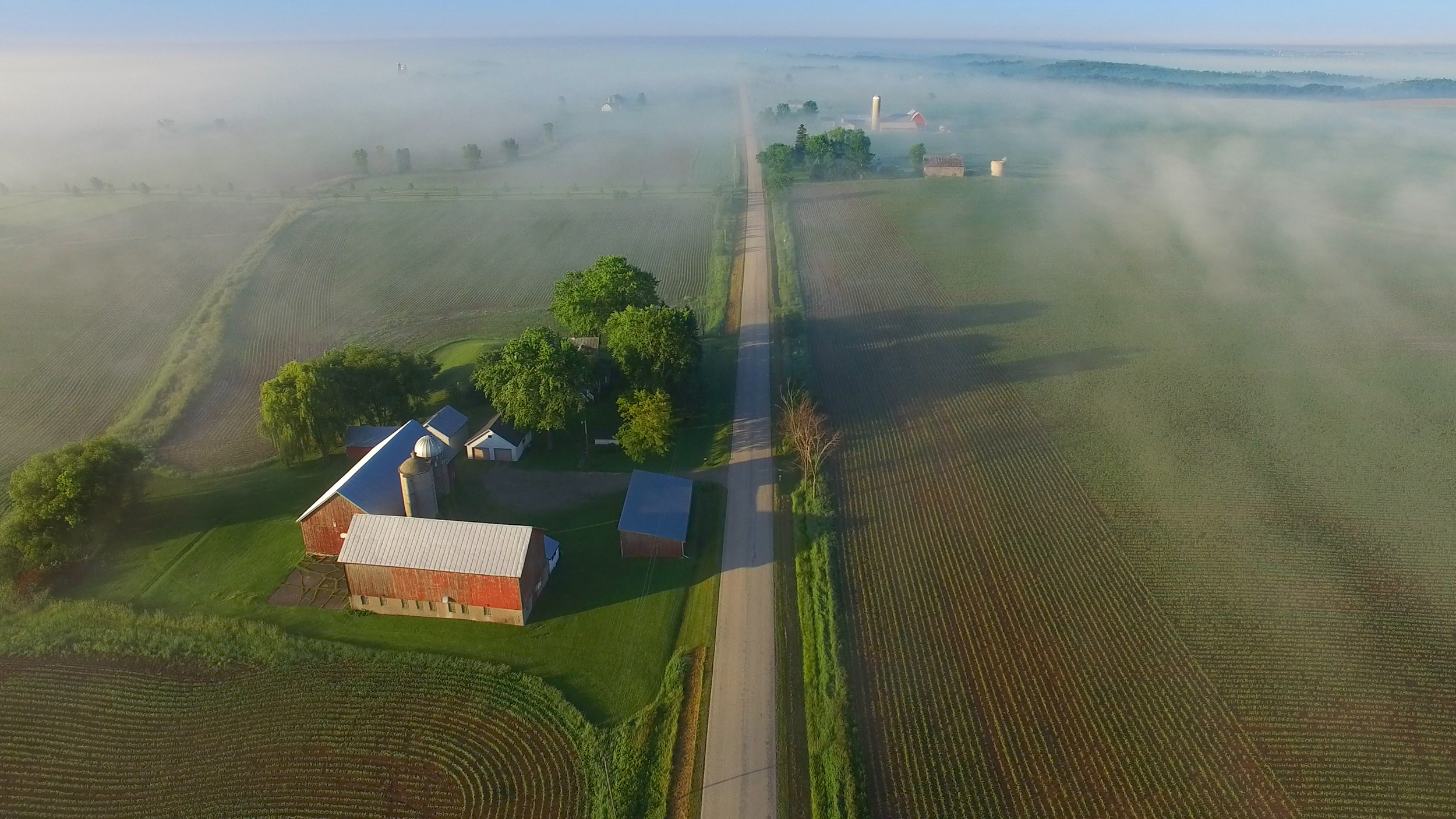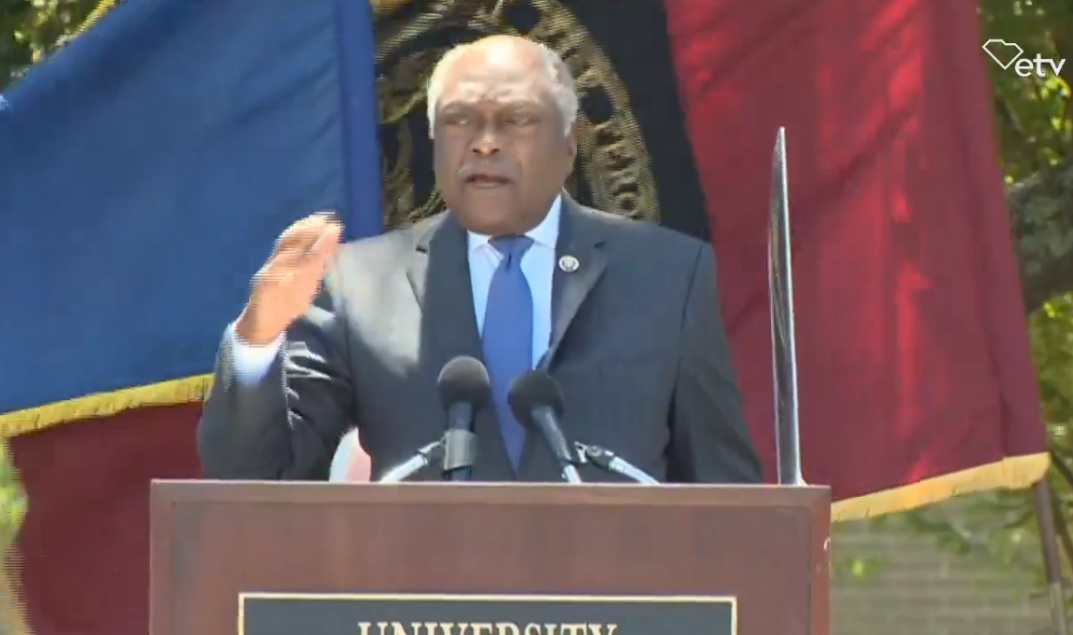Rural CBRS Wireless Broadband Pilot Project Unveiled
South Carolina public-private effort employs spectrum and leverages broadcast tower infrastructure for wireless access

The smarter way to stay on top of the multichannel video marketplace. Sign up below.
You are now subscribed
Your newsletter sign-up was successful
The state of South Carolina has teamed up with educational broadcasters, 5G tech suppliers, and others to launch a residential wireless broadband pilot project using COVID-19 aid funding.
The completed project, which was announced Friday, uses $393,104 in CARES Act appropriations to create the Allendale Broadband Pilot Program, which provides broadband to families with school-age children—employing a private LTE fixed wireless network using citizens broadband radio service (CBRS) spectrum—as well as via multiple public Wi-Fi hubs.
The FCC made CBRS spectrum available for such purposes in January 2020.
The residential network provides internet access to approximately 1,000 homes in the Allendale area with wireless speeds of up to 78 Mbps downstream/6 Mbps upstream, according to the South Carolina Office of Regulatory Staff (ORS), South Carolina's non adjudicator utility regulator.
Also Read: FCC Votes to Make CBRS Band More 5G Friendly
Among the backers of the project are Rep. Jim Clyburn (D-S.C.), House majority whip, whose daughter, former FCC acting chair Mignon Clyburn, was once a member of South Carolina's utility regulatory commission.

At a press conference launching the project, Clyburn said it would be great to have fiber everywhere (cable ops argue a hybrid fiber/coax approach is nothing to sneeze at, either), but that in the interim: "What we need to do is get what we can get done now. And when people tell me we gotta wait on 5G and we have no G, I don't want to talk to them."
The smarter way to stay on top of the multichannel video marketplace. Sign up below.
The goal of the Allendale project was to see how fast wireless infrastructure could be deployed—ORS says it took only 61 days—using existing assets, to a community without internet access, in this case rural Allendale County. "If you can do it in rural Allendale County, you can do it anywhere," said Jim Stritzinger of ORS.
Among the existing assets were South Carolina Educational Television (SCETV) broadcast towers. The pilot project represents "a scalable model that communities around South Carolina and the nation could follow to bridge the enormous digital divide that so many rural communities face," SCETV said. SCETV President Anthony Padgett said SCETV had a unique set of resources that could be employed in that pursuit.
The South Carolina General Assembly authorized ORS to expend up to $50 million of CARES Act funding for broadband initiatives like the pilot project.
The project's partners, in alphabetical order, were: Allendale County School District, Allendale Hampton Jasper Regional Library, Dominion Energy South Carolina, Linksys, Ookla, Palmetto Rural Telephone Cooperative, Revolution D, Inc., Siklu, SC Department of Aging, South Carolina Department of Education, South Carolina Educational Television (SCETV), South Carolina Office of Regulatory Staff (ORS), SouthernCarolina Alliance, Town of Allendale, University of South Carolina-Salkehatchie, and Valet Technologies.
Contributing editor John Eggerton has been an editor and/or writer on media regulation, legislation and policy for over four decades, including covering the FCC, FTC, Congress, the major media trade associations, and the federal courts. In addition to Multichannel News and Broadcasting + Cable, his work has appeared in Radio World, TV Technology, TV Fax, This Week in Consumer Electronics, Variety and the Encyclopedia Britannica.

